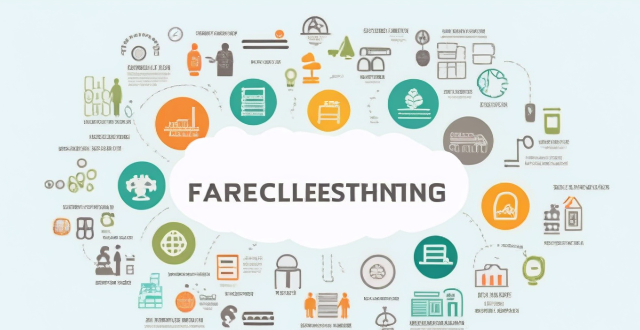The text discusses the various challenges to achieving sustainable consumption, including lack of awareness and education, economic barriers, cultural and social norms, infrastructure and accessibility issues, technological limitations, policy and regulatory challenges, business practices, and consumer behavior. It emphasizes the need for a multifaceted approach involving education, policy changes, technological advancements, and cultural shifts towards more sustainable consumption patterns to overcome these challenges and move towards a more sustainable future for all generations.

Challenges to Achieving Sustainable Consumption
Sustainable consumption is a crucial aspect of sustainable development, aiming to meet the needs of the present without compromising the ability of future generations to meet their own needs. However, achieving sustainable consumption faces several challenges that need to be addressed for a more sustainable future.
Lack of Awareness and Education
- Many consumers are not aware of the environmental impacts of their consumption habits.
- There is a lack of education and information about sustainable products and practices.
- Consumers may not understand the long-term consequences of unsustainable consumption.
Economic Barriers
- Sustainable products often have higher upfront costs, making them less accessible to low-income consumers.
- Governments may prioritize economic growth over sustainability, leading to policies that encourage unsustainable consumption.
- The cost of transitioning to sustainable production methods can be high for businesses, affecting the affordability of sustainable products.
Cultural and Social Norms
- Consumerism is deeply ingrained in many cultures, with a focus on material possessions and status symbols.
- Social pressures and expectations can lead to overconsumption and wasteful practices.
- Traditions and customs may conflict with sustainable consumption practices.
Infrastructure and Accessibility
- Lack of infrastructure for sustainable transportation, such as public transit or charging stations for electric vehicles.
- Limited access to recycling facilities and sustainable products in rural areas or developing countries.
- Inadequate waste management systems can hinder efforts to reduce waste and promote recycling.
Technological Limitations
- The technology needed for sustainable production and consumption is not yet widely available or affordable.
- Innovation in sustainable technologies may be slow due to lack of investment or research.
- The energy required for some sustainable technologies, such as electric cars, may still come from non-renewable sources.
Policy and Regulatory Challenges
- Weak or inconsistent policies related to sustainable consumption can hinder progress.
- Enforcement of existing regulations may be lax or ineffective.
- International trade agreements can undermine domestic sustainability efforts by allowing imports from countries with lower environmental standards.
Business Practices
- Companies may prioritize short-term profits over long-term sustainability goals.
- Marketing strategies often promote excessive consumption and planned obsolescence.
- Supply chain complexity can make it difficult for companies to ensure sustainable practices throughout their operations.
Consumer Behavior
- Habitual consumption patterns are difficult to change, even when consumers are aware of the benefits of sustainable alternatives.
- The convenience of unsustainable products often outweighs the perceived benefits of sustainable options.
- Immediate gratification seekers may prioritize short-term gains over long-term sustainability goals.
To overcome these challenges, a multifaceted approach is needed, involving education, policy changes, technological advancements, and cultural shifts towards more sustainable consumption patterns. By addressing these challenges collectively, we can move towards a more sustainable future for all generations.